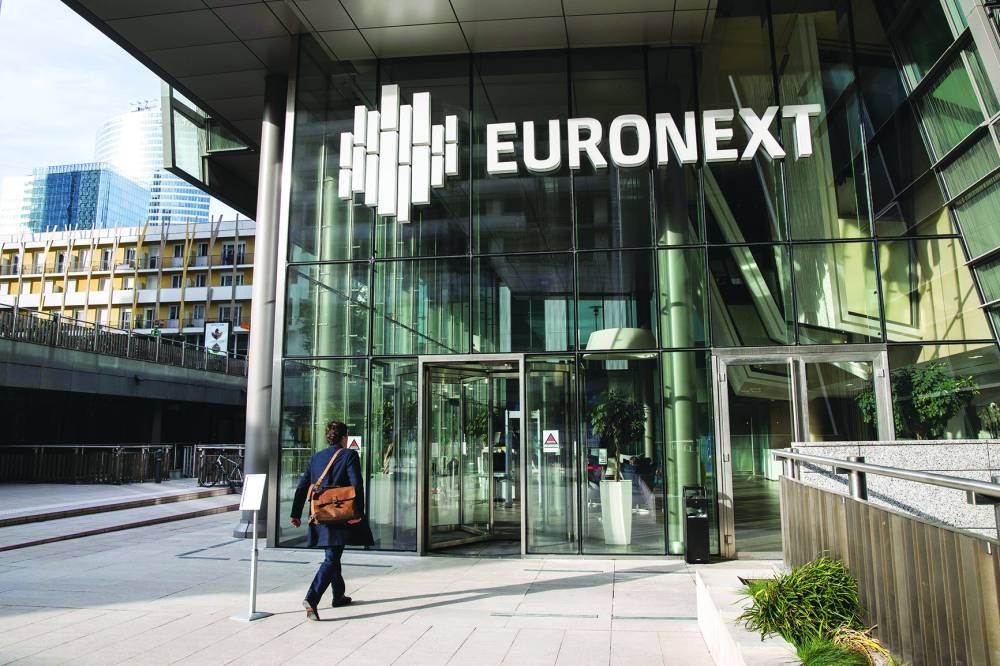The engines behind two years of European stock gains are losing power, leaving the region’s equities facing a void at a time when concerns over slowing growth and China tensions are testing investor confidence.
A luxury sector led by LVMH Moët Hennessy Louis Vuitton SE has tumbled over the past six months along with automotive firms, while in more recent months healthcare heavyweights such as Novo Nordisk A/S and tech leaders including ASML Holding NV have slid from their peaks. And with no obvious candidates to take the baton, the region’s equity performance has been left looking exposed.
Already this year, investors have withdrawn billions of dollars from Europe-focused funds and ETFs, in stark contrast to large amounts being pumped into US and international equity funds. A key issue is that the main drivers of the region’s gains have fallen off the pace of America’s Magnificent Seven group of tech companies.
“Leadership is changing” in the European market, said Ariane Hayate, a fund manager at Edmond de Rothschild Asset Management. “Smaller and more defensive sectors are leading the pack.”
The European market is by definition a more cyclical one than its US counterpart, with those economically-sensitive sectors accounting for about two-thirds of the benchmark Stoxx 600.
Consequently, the index’s correlation to the group is typically very high. But any support from these firms is now at risk with a double blow from slowing growth and trade risks with China. “These companies also have a large percentage of their top line coming from the US and China,” said Barclays Plc strategist Ajay Rajadhyaksha. “If the risks of a global trade war rise, it is very easy to see these names de-rating somewhat out of trade concerns.”
Meanwhile, Europe is geared more to Chinese demand, with firms getting about 8% of their revenues in the Asian country, according to Goldman Sachs Group strategists, compared with just 2% for S&P 500 peers.
While some say the risk of trade wars could be amplified in the event of a Donald Trump administration, Europe is already planning additional tariffs on Chinese-made electric vehicles in the face of heavy competition.
Another spillover effect from China’s economic problems is oil prices at lows unseen since 2021, blurring the outlook for Europe’s energy heavyweights such as BP Plc, Shell Plc and TotalEnergies SE. London’s mining stocks are also suffering from iron ore and copper prices falling.

A visitor enters the Euronext Paris stock exchange. The engines behind two years of European stock gains are losing power, leaving the region’s equities facing a void at a time when concerns over slowing growth and China tensions are testing investor confidence.
